Classics School Trip To Olympia, Athens, Delphi and Tolon | Multi-Centre Tour
From a relaxed coastal base, this Classics school trip to Olympia, Athens, Delphi and Tolon covers some of the most impressive ancient sites of Greece to inspire studies for years to come.
Highlights
The architectural treasures of the Acropolis
Delphi, epitome of the Ancient Greek universe
The statues and ruined temples of Olympia
Test the acoustics at Epidavros
King Edward's School, BirminghamOur top three excursions were Delphi, Athens and Olympia. The students thought that the final stage at Tolon provided the best surroundings.
Suggested itinerary
What's included*
*Please note, entrance fees where applicable are not included in typical price – contact us for more details
Recommended excursions
Explore the temples and sculptures of this iconic monument with your group, building up a picture of ancient Greek society and gaining an insight into the role of religion. The Parthenon is the most important surviving building of classical Greece. This beautiful temple, with its decorative sculptures, was built to honour the goddess Athena.
Opened in 2009, this spectacular modern glass and concrete building at the foot of the ancient Acropolis, houses sculptures from the golden age of Athenian democracy. Its five levels are bathed in natural light and sections of glass floor show the archaeological excavations.
Tip: It was built in part to provide a home for the return of the Parthenon Marbles from the British Museum.
A visit to the largest archaeological museum in Greece provides inspiration for student enquiries into ancient Greek art. The imposing neoclassical building is home to more than 11,000 exhibits. It was founded at the end of the 19th century to house and protect antiquities from all over Greece, displaying their historical, cultural and artistic value.
This Byzantine monastery is one of the greatest buildings of medieval Greece. It is known for its gold mosaics, wall paintings of the Katholikon church, and 11th century frescoes in the crypt. After wandering through its domed churches, built of red brick and stone, your group can relax among the almond trees on the beautiful slopes of Mount Helon.
With its magnificent theatre, Temple of Apollo and ancient ruins, Delphi was, at one time, considered the centre of the earth and the universe, playing a key role in the classical Greek world. A visit to the ruins of the Treasury at Delphi reveals the importance of the ‘central bank’ of Ancient Greece, as well as showing architectural tastes of the time.
Students get an unforgettable insight into Delphi’s heyday at this important archaeological museum. Its centrepiece is the collection of antiquities found in the complex of the ancient Oracle of Delphi. Spectacular finds include the Bronze Charioteer, the Naxian Sphinx and the Statue of Antinoos.
An educational tour to the ancient ruins of Olympia will help your students understand the importance of the first Olympic Games, held in honour of Zeus. Marvel at colossal statues, ruined temples and resplendent villas, bringing to life the words and pictures from textbooks. A tour of the site sparks enquiries into architectural styles and classical history.
This idyllic resort, not far from Nafplio and Epidavros, can provide a welcome bit of rest and recreation in between touring the historical sites of the area. The long sandy beach faces a wide bay dotted with islets and fringed with the mountains of the peninsula to the east, with boat trips available. Photo © Moriya Halon.
When your students hear the quality of the acoustics at Epidavros, they’ll be blown away. Drop a coin in the centre of this astounding theatre to demonstrate just how good they are. Then discuss the architectural skills and importance of theatre in Greek society. Photo © Andrew Baldwin.
Boasting ancient baths, the Temple of Hephaestus and a collection of Roman remains, a visit to ancient Corinth is a chance for students to expand their appreciation of the classical world. Visit the deep and narrow Corinth canal, which so many ancient rulers attempted – and failed – to build. Neolithic pottery suggests that the site of Corinth was occupied from at least as early as 6500 BC.
The original capital of Greece, nestling on the coast of the Argolic Gulf, Nafplio boasts three castles for students of ancient civilisation to explore. They can learn the story of the Venetian fortress of Bourtzi, set out in the harbour to protect the city from invaders. Enjoy the pretty town’s ancient walls and Ottoman fountains.
Visit the ruins of the hill fort that was one of the most important centres of the Mycenaean world. The Ancient Greeks believed that the walls were built by the cyclops – because only giants of superhuman strength could have lifted the enormous stones. Students can view the remains of the palace complex and hear the legends of Hercules linked to the site. Photo © Alun Salt.
As Greece’s dominant city for 500 years, there’s a wealth of opportunity for educational tours in Mycenae. Witness the monumental Lions Gate and the Necropolis and discover the amazing findings of the archaeological digs that have taken place here.
This compilation of powerful scenes from well-known tragedies by Aeschylus, Sophocles and Euripides is followed by a discussion with the actors and director. The performance can be combined with a workshop to create an ancient Greek Mask (which can be taken away) or a seminar on ancient Greek costume.
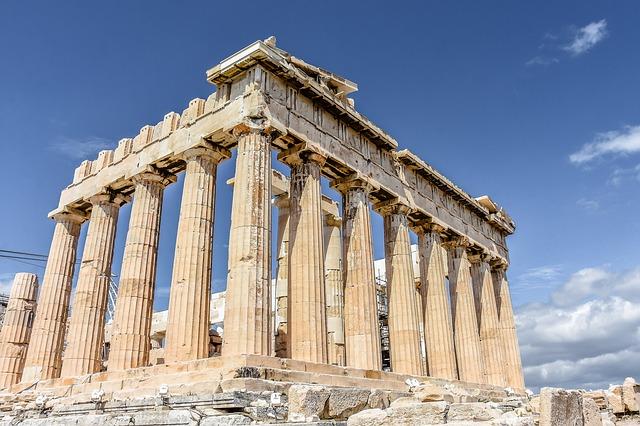
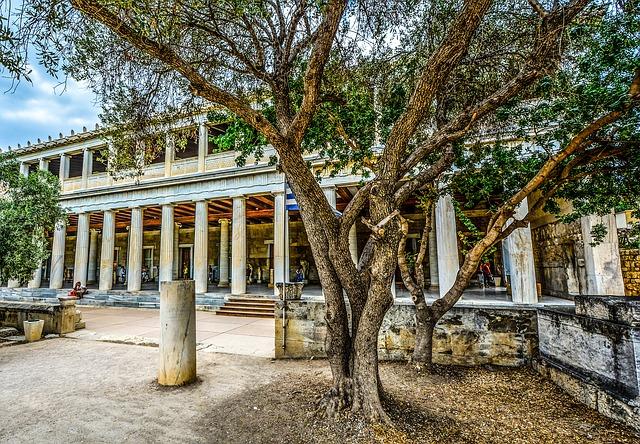
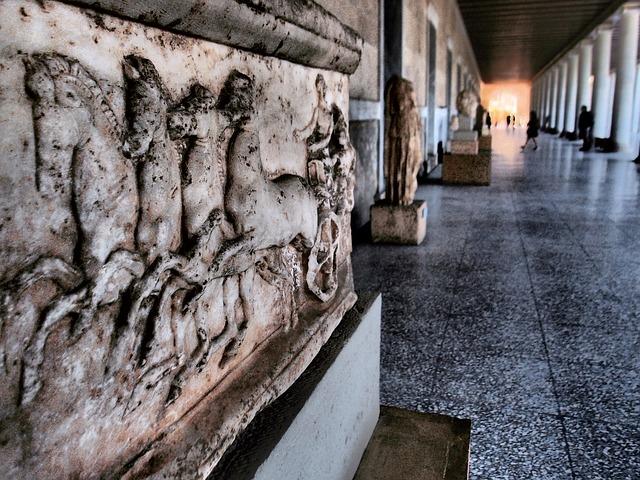
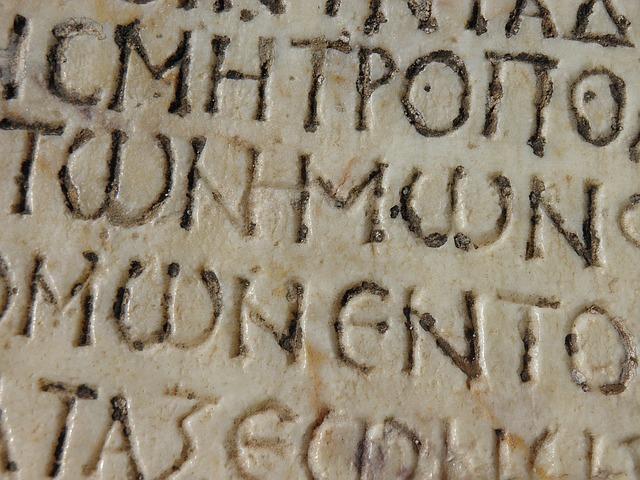
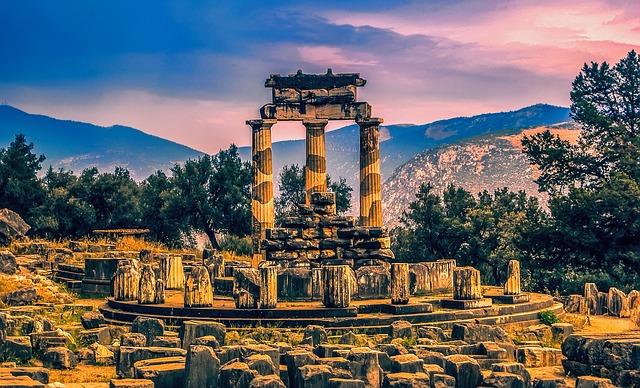
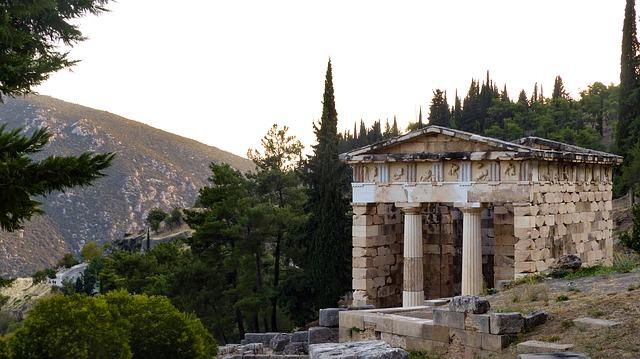
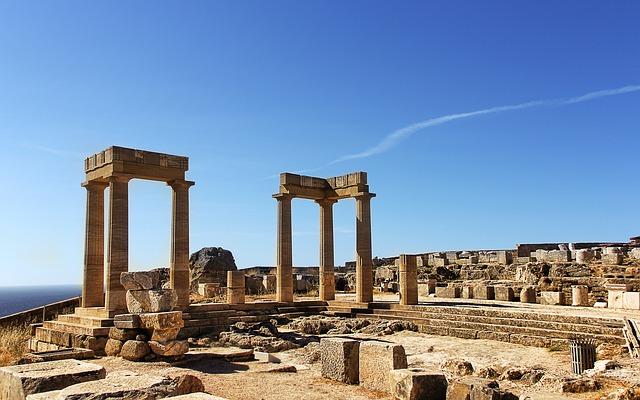
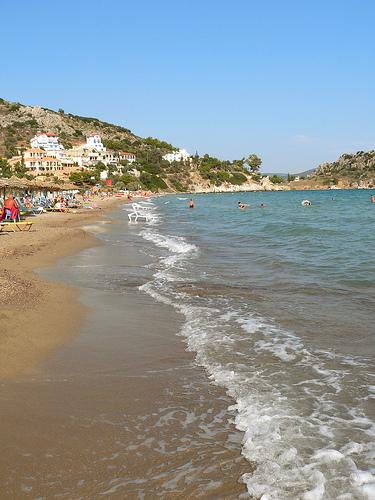
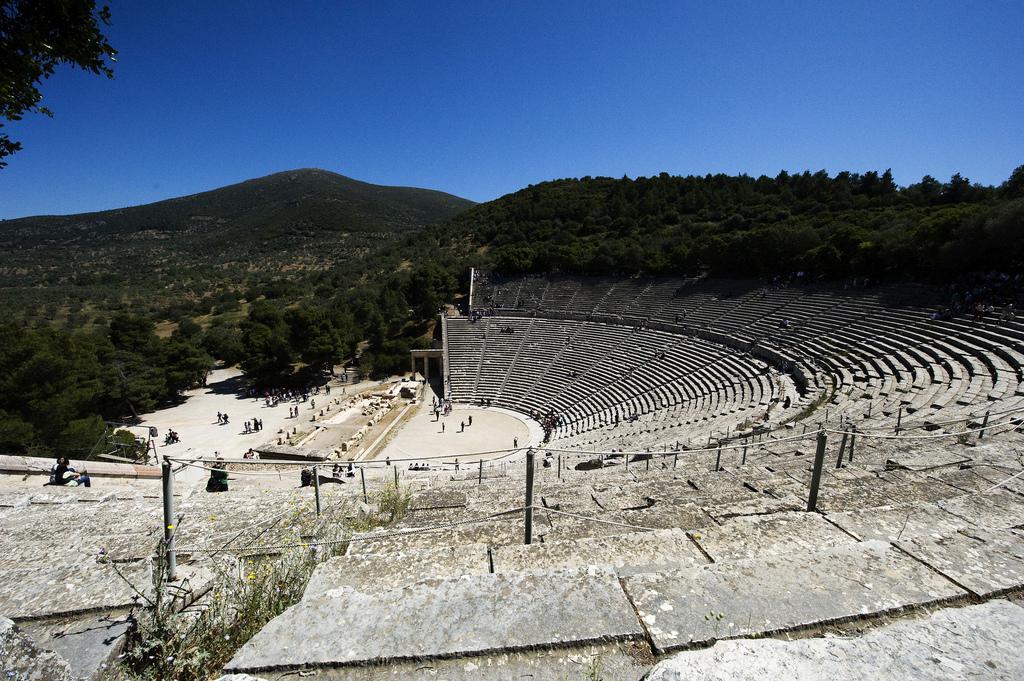
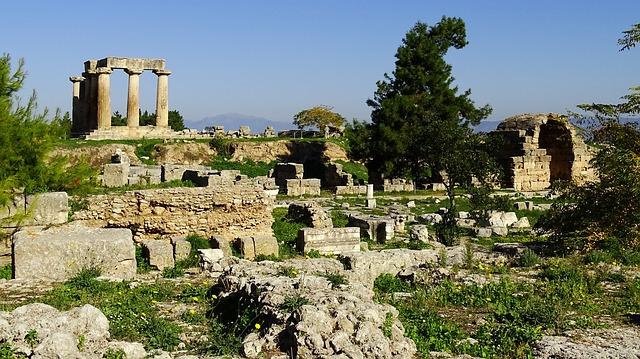
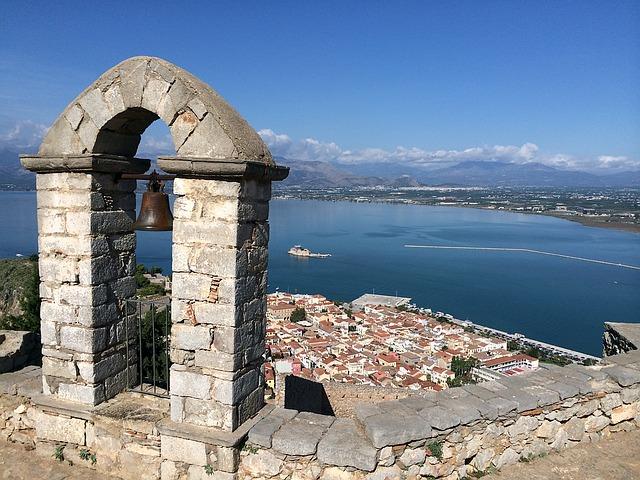
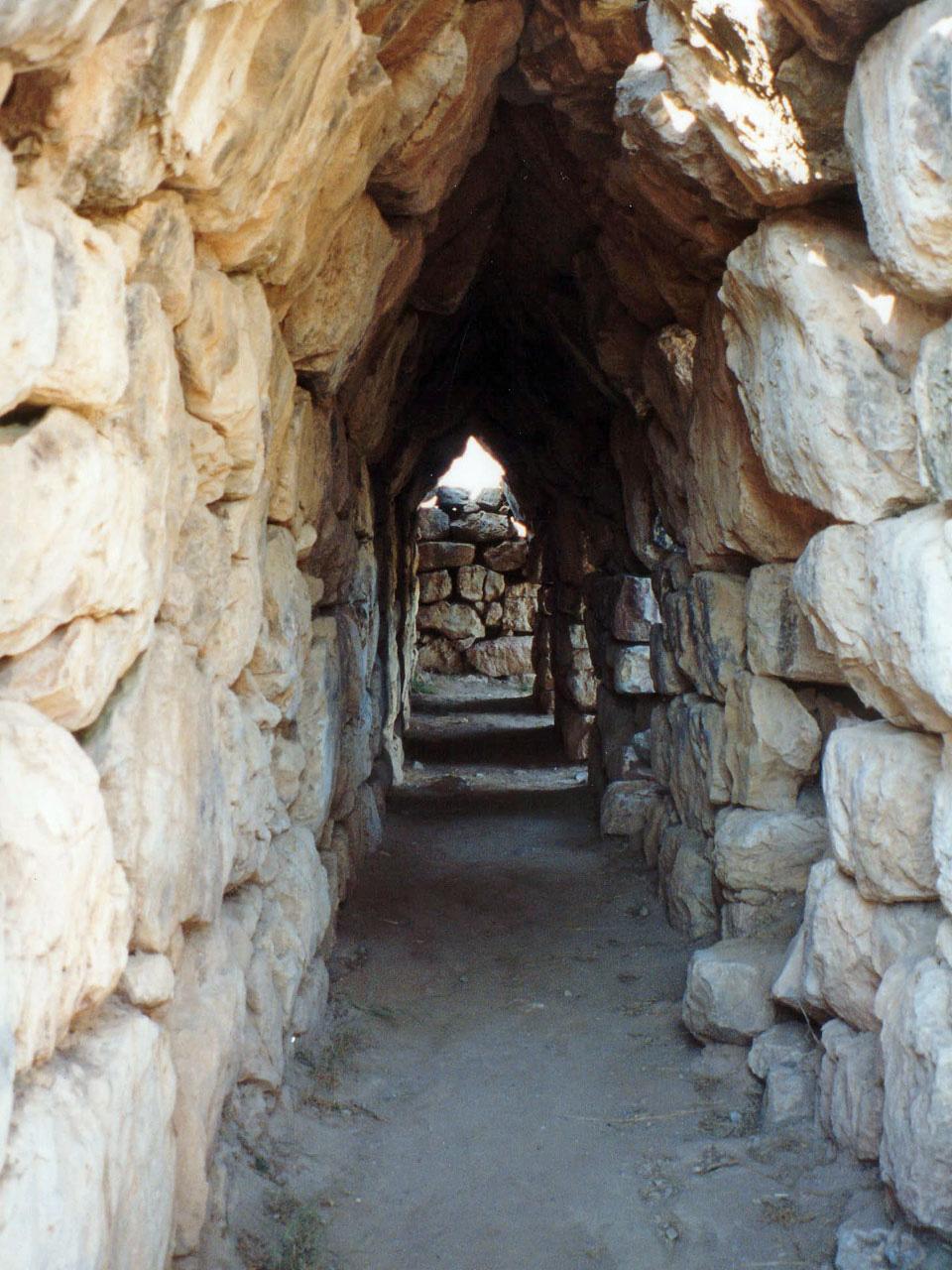
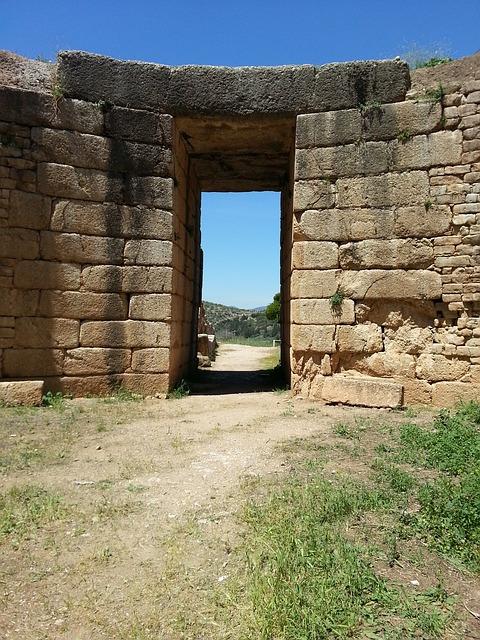
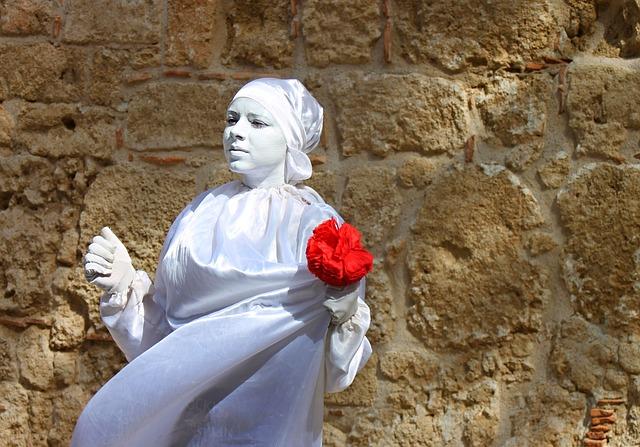
Typical accommodation
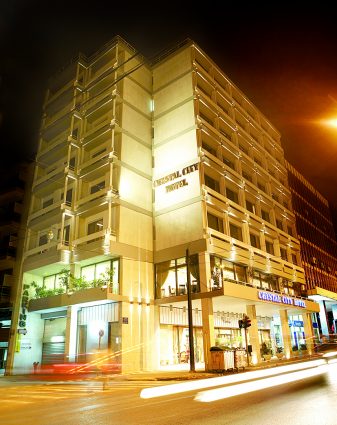
Why groups like it:
Facilities:
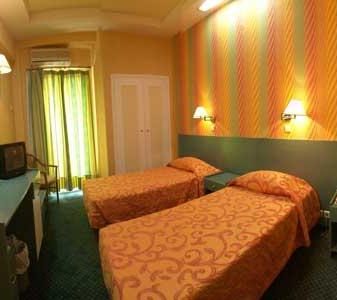
Why students and teachers like it:
Facilities:
Learning outcomes
Subject focus
Students on this tour will:
- Study remains of classical Greek and Mycenaean civilisations, to see what can be reconstructed and understood from these buildings and artifacts
- See places that inspired Greek poets and playwrights and the theatres where their works were performed
- View archaeological sites and sculptures specified in OCR/AQA syllabuses, particularly in relation to Mycenaean civilisation and theatre
- Think about the continuing influence of classical civilisations today
Student outcomes
Students will have an opportunity to:
- Observe the development and continuity of Greek architecture throughout the height of Greek civilisation
- Put the buildings into context, accounting for differences in style and grandeur
- Reflect on the roles of institutions, the theatre and individuals in Greek history
- Recognise the enduring influence of Greek civilisation


